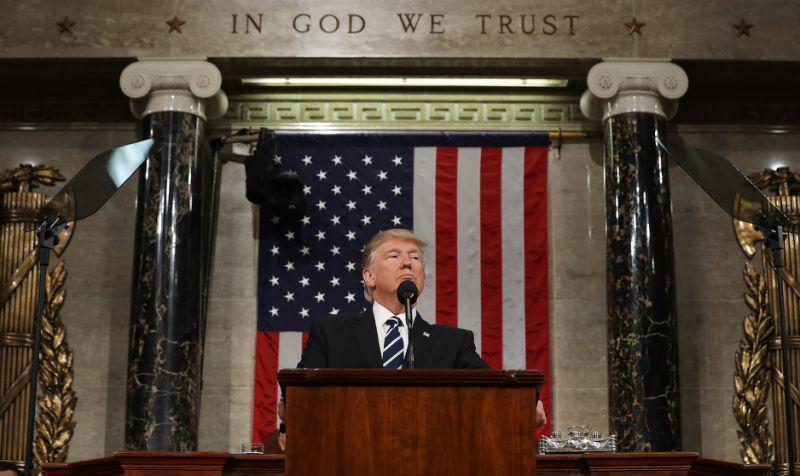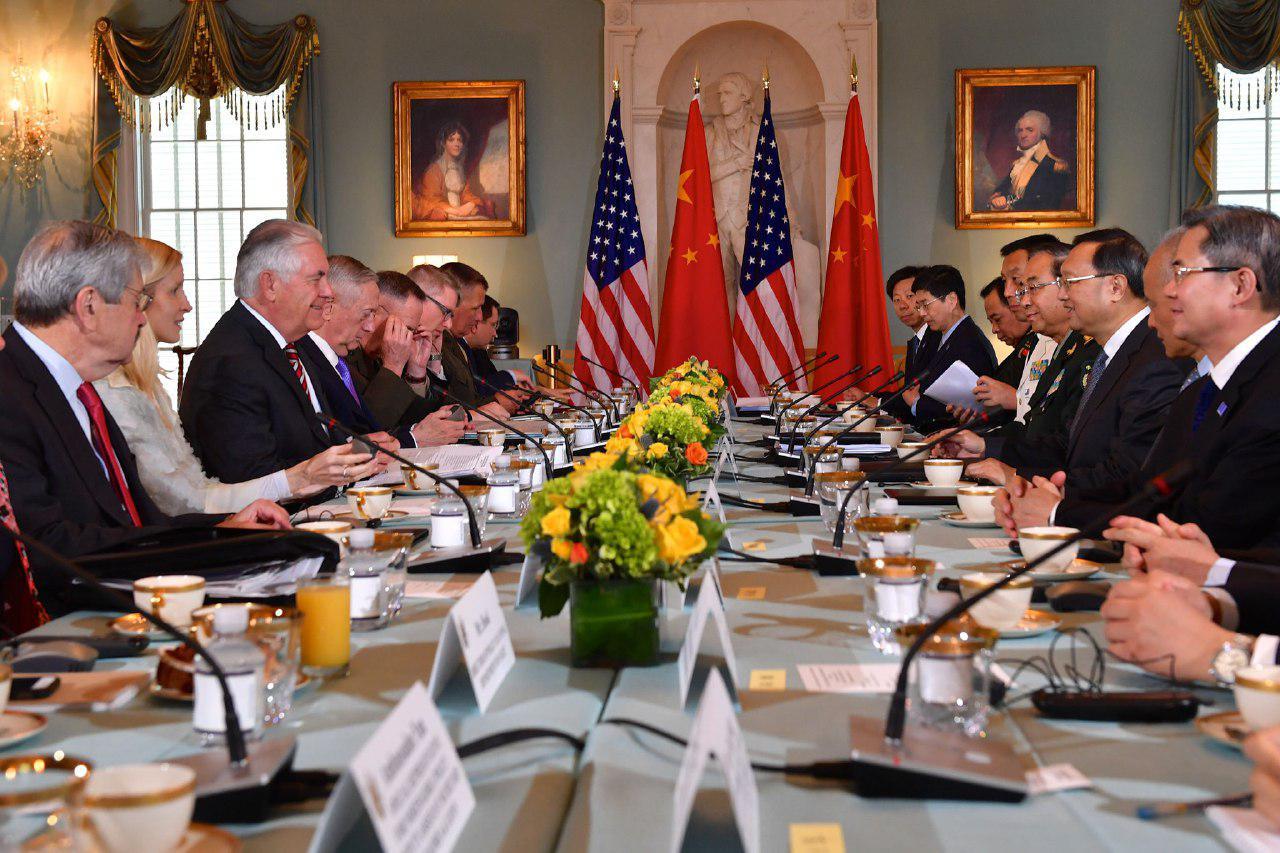BEIJING/WASHINGTON, Dec. 20 (Xinhua) -- The U.S. national security strategy introduced by President Donald Trump Monday has drawn domestic worry with experts and the media calling it contradictory and against the general trend of the China-U.S. cooperation.
MEANS AND ENDS AT ODDS
Trump's means and ends are often at odds, said Douglas Paal, vice president for studies at the Carnegie Endowment for International Peace, in a interview with Xinhua when referring to the new national security strategy.
Paal said the strategy is long on the big picture and short on policy detail. "It's leaving me confused," he added.
"The prime example is ending bilateral trade deficits through trade sanctions. This is theoretically and practically impossible," he said.
There is a gap between Trump's viewpoint and that of his foreign policy advisors. The Atlantic magazine said on Wednesday, "For him, the important global schisms are not ideological but civilizational, national and personal: The West versus Islam, America versus the countries that swindle it..."
CHINA-U.S. INTERDEPENDENCE
On Monday, Trump called China a "rival power" in his administration's first national security strategy. The label does little to help bring the world's top two economies, also each other's largest trading partners, closer. In fact, the China-U.S. relationship, especially in the economic and trade sectors, has benefited both sides.
Bloomberg said in an article titled "Trump's Rivalry with China Overlooks U.S. Economic Reliance" that Trump is breaking with recent U.S. convention by "portraying China as a rival."
"But it may take more than an aggressive tone to change the complex relationship between two economies that are joined at the hip," said the article.
Dean Cheng, research fellow at Heritage Foundation, told Xinhua in a recent interview that "Both China and the United States will pursue their respective national interests. In areas where there are common interests, such as sustaining the international trading system or countering terrorism, there is clearly a lot of room for cooperation."
For Beijing and Washington, their cooperation leads to mutual benefits and their confrontation to losses on both sides, said a Chinese embassy spokesperson when responding to the new strategy, adding the United States would be advised to get accustomed to and accept China's development.

